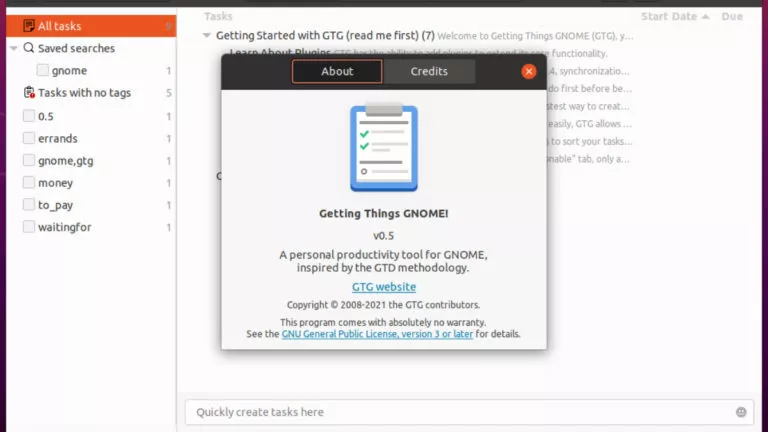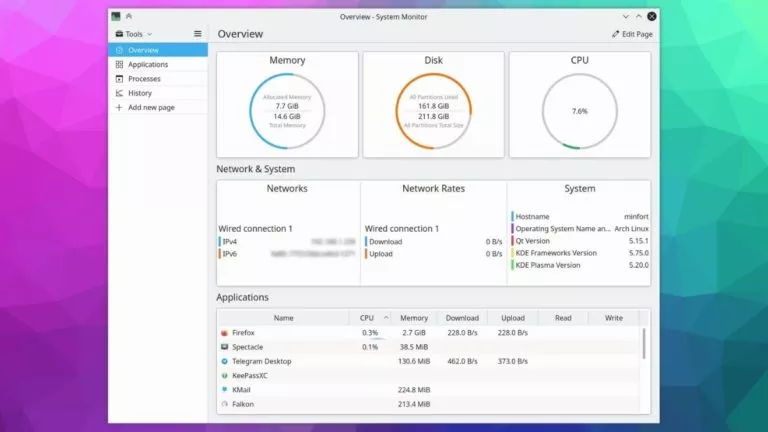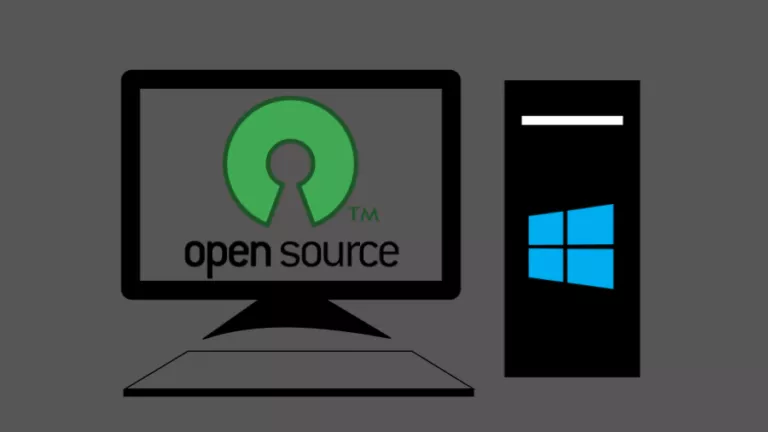6 Single Letter Programming Languages You Should Know About

Short Bytes: C and R are one of the most popular single letter programming languages. There are other lesser-known one-letter programming languages that solve specific problems. While F was developed as modern Fortran, K can be used to write elaborate programs in just a few characters. There exist other one letter programming languages like D, J, and M.
Apart from C, other single letter programming languages are aimed at performing specialized tasks. Many of them have a cult following in the developer community, thanks to their ability to solve tricky problems.Just like C, another popular single letter programming language is R. It’s used to study numbers and create graphs with intricate data. Earlier, R was called S. In this article, I’ll be telling you about some more single letter programming languages. Let’s take a look:
6 Lesser Known Single Letter Programming Languages
D Programming Language
D is an object-oriented multi-paradigm system programming language with C-like syntax and static typing. It was developed by re-engineering C++ programming language. Apart from inheriting the C++ features, this single letter programming language also has some characteristics of other languages like C#, Java, Ruby, and Python.
F Programming language
F was developed as modern Fortran. It’s a minimal subset of the language with about one hundred intrinsic procedures. It’s a compiled, modular, numeric programming language that’s designed to work with legacy Fortran 77 code. F was first included in g95 compiler.
J Programming language
J is a single letter programming language with a normal character set that offers the power of APL. It’s a high-level, high-performance, general purpose programming language that runs on 32/64-bit Windows/Linux/Mac, iOS, and Android. Its applications include mathematical, statistical, and logical analysis of data. Since 2011, J is free and open source under GPLv3 license.
Visit Fossbytes academy and kickstart your coding career today
K Programming Language
K is a proprietary language from array processing. Originally developed in 1993, this single letter language is a variant of APL and infuses the elements of Scheme. After its commercialization by Kx Systems, its open source fork Kona came into the picture. K lets one write detailed algorithms to deal with arrays with the help of just a few keystrokes.
M Programming Language
M, or alternatively MUMPS (Massachusetts General Hospital Utility Multi-Programming System), is a general purpose programming language. Its key feature is an inbuilt database that enables high-level access to storage, using simple symbolic program variables and subscripted arrays to access the main memory. M uses the same basic syntax to access volatile memory and non-volatile storage, providing a high-performance data access. Today, it’s used in many large hospitals for data processing.
P Programming Language
P is Microsoft’s programming language for asynchronous event-driven programming and Internet of Things applications. It’s a domain specific language that compiles to and interoperates with C. Microsoft has used this single letter programming language to implement and validate the USB device driver stack that comes with Windows Phone and Windows 8. Earlier this year, P was open sourced by Redmond.






